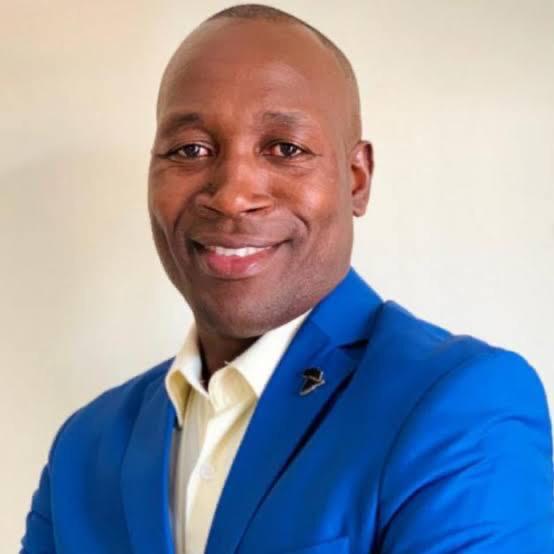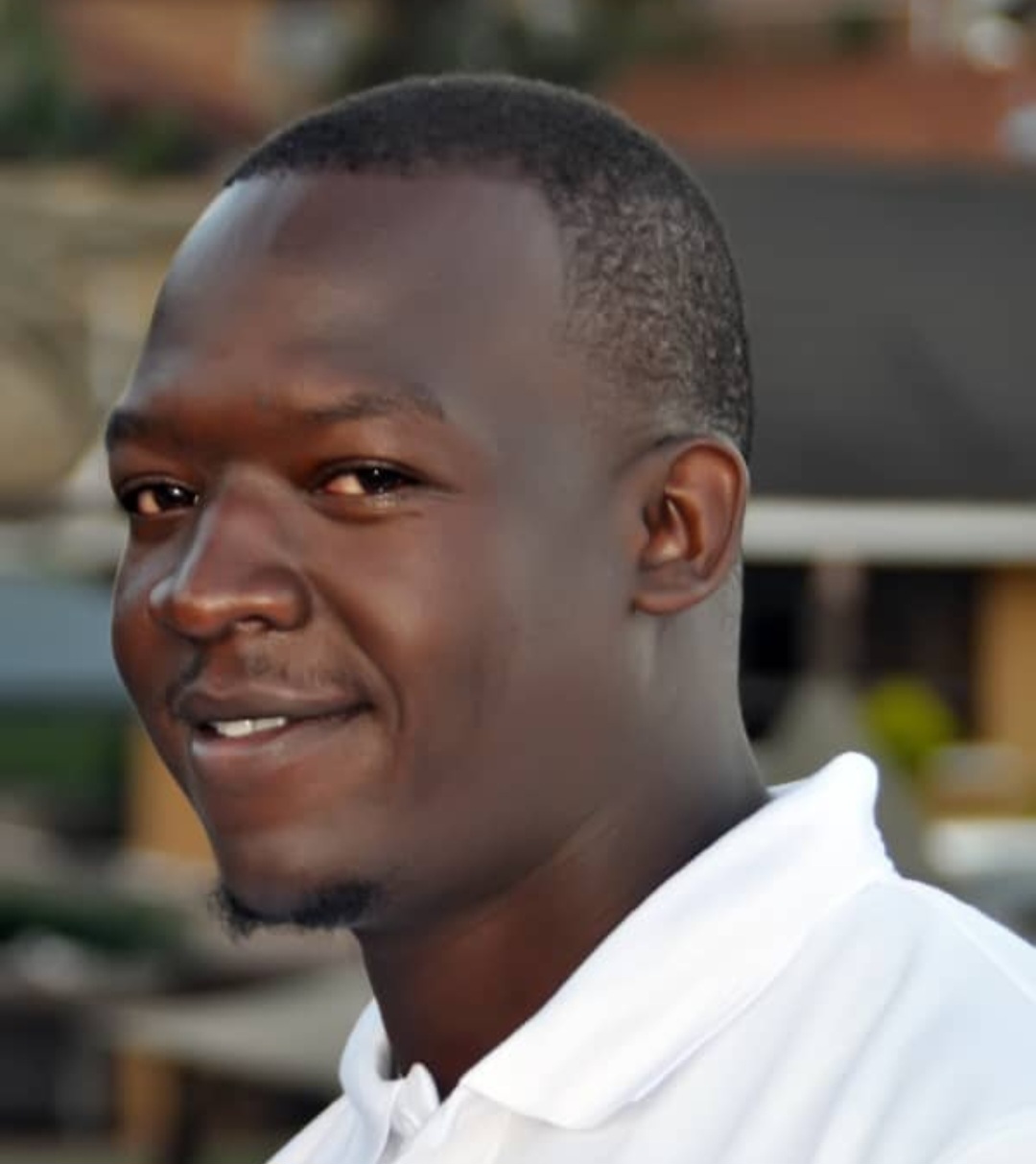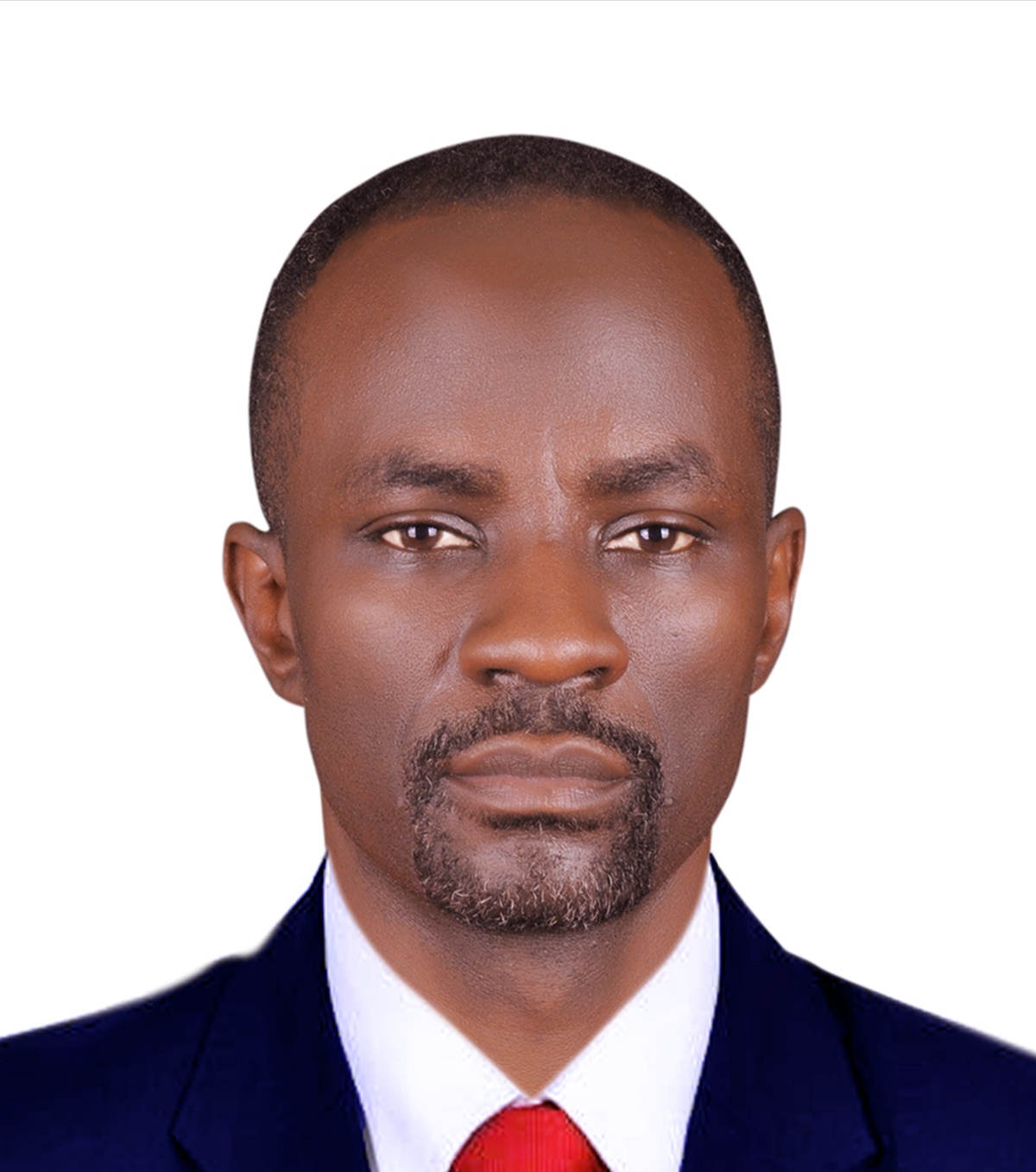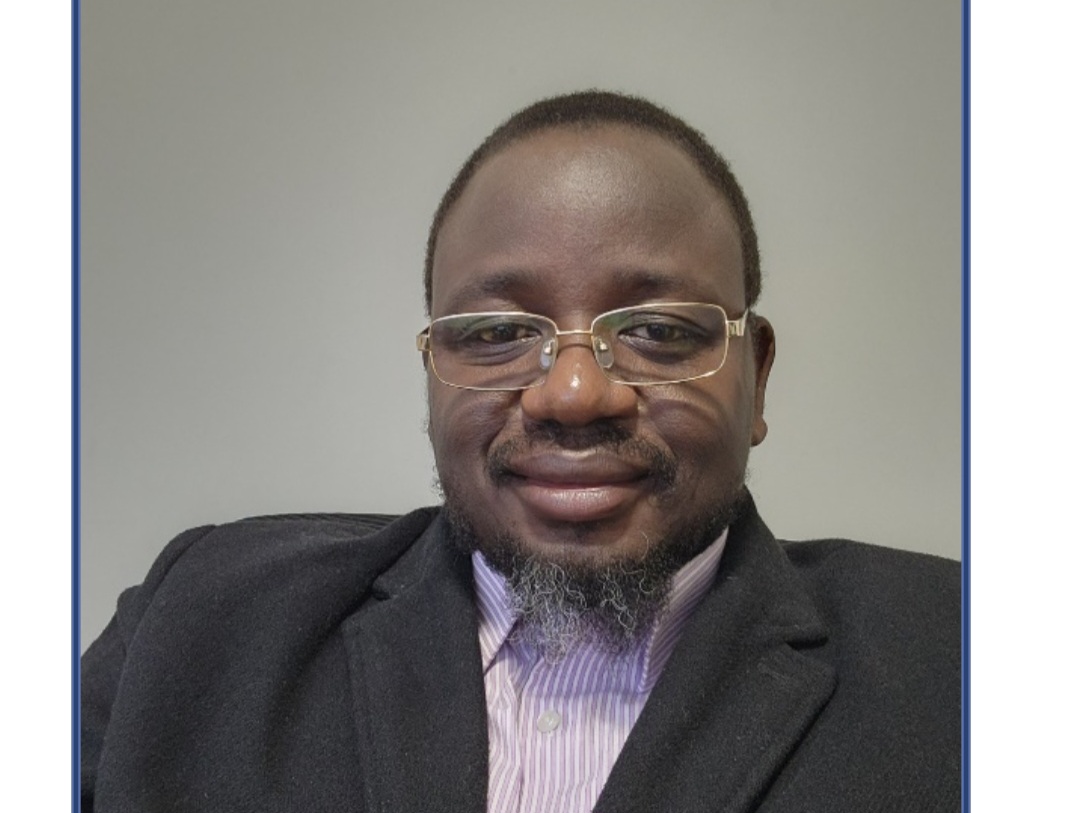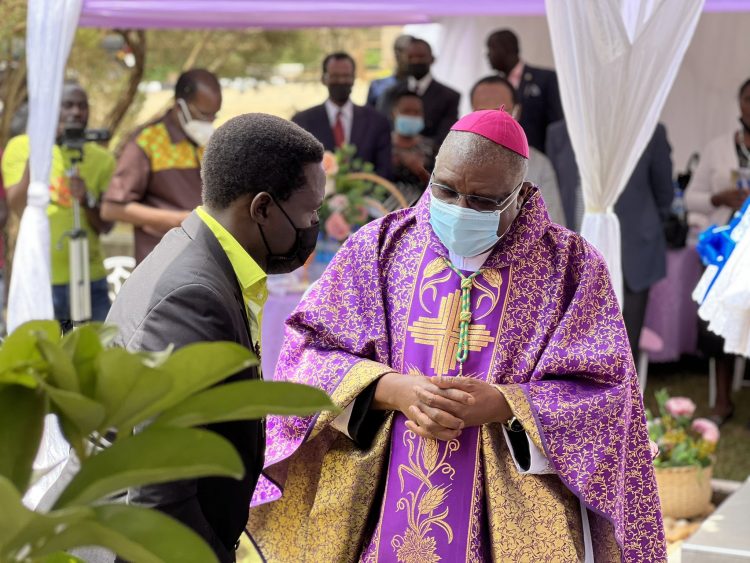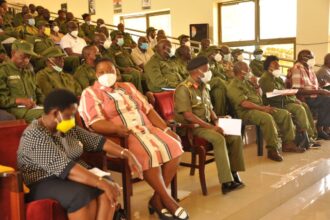Uganda’s Peace Service Ambassador Milton Kambula has hailed Burkina Faso’s transitional President Captain Ibrahim Traoré as a symbol of Africa’s long-awaited revival, joining thousands across the continent who have expressed unwavering solidarity with the 36-year-old revolutionary leader.
In a passionate statement, Amb. Kambula praised Traoré’s bold vision to “restore Africa’s lost glory” through anti-imperialist reforms and an unapologetic push for self-reliance, describing him as a young leader who embodies the spirit of Africa’s founding fathers. His comments follow large-scale demonstrations on Wednesday in Burkina Faso’s capital Ouagadougou, where thousands rallied in support of Capt. Traoré after reports emerged of a thwarted coup attempt.
“Mr. President, you represent that Africa can do it—construct our own roads, hospitals, schools, and dams,” Kambula stated. “Africa can lead herself out of poverty, ignorance, tribalism, and war. Your message aligns with the dreams of our youth and echoes the legacy of our Pan-African heroes.”
Since taking power in September 2022 through a military coup that deposed fellow coup-leader Lt. Col. Paul-Henri Sandaogo Damiba, Capt. Traoré has garnered unprecedented popularity both at home and across Africa. A former artillery officer and veteran of Burkina Faso’s anti-insurgency campaigns, Traoré has earned admiration for his firm anti-colonial stance and progressive reforms. His leadership style, reminiscent of the late revolutionary Thomas Sankara, has captivated Pan-Africanists and nationalists alike.
Amb. Kambula, a vocal advocate for African unity and President of the Global Peace Foundation (Uganda Chapter), emphasized that despite not supporting coups in principle, he believes Traoré’s ideological orientation reflects the genuine aspirations of millions of Africans.
“I don’t believe in coups—I believe in peaceful elections and dialogue. But I want to say that the message you now present to Africa, of making Africa great again, is powerful and long overdue,” Kambula said.
A Leader Redefining Sovereignty
Traoré’s administration has embarked on an aggressive campaign to reclaim Burkina Faso’s sovereignty. This includes expelling French military forces, nationalizing key sectors such as mining, and aligning more closely with alternative powers such as Russia. Most recently, Burkina Faso granted an industrial mining license to the Russian company Nordgold, expected to contribute over $89 million to the state’s budget and bolster the national mineral wealth fund.
The creation of SOPAMIB, a new state mining corporation, has further solidified Traoré’s commitment to economic self-determination. The reform aims to shift the benefits of natural resource exploitation from foreign entities to local communities.
“These actions are not just symbolic,” said Kambula. “They show that Africa can control its wealth, protect its interests, and chart a path to prosperity without foreign dependency.”
Traoré’s influence now extends beyond Burkina Faso. In January 2024, he, along with the leaders of Mali and Niger, announced a historic withdrawal from the Economic Community of West African States (ECOWAS), citing the bloc’s subservience to former colonial powers. The trio formed the Alliance of Sahel States (AES), a new regional platform rooted in mutual defense and shared development.
“Your idea of exiting ECOWAS was timely,” Kambula noted. “We must question what role regional blocs are playing in actualizing African dreams. We need institutions that work for Africans, not against them.”
The Call for Continental Unity
Amb. Kambula’s remarks also echoed a deeper vision of continental integration. He called for the creation of a unified African governance structure—with a single currency, president, army, and education policy—as a path toward achieving the long-elusive Pan-African dream.
“Our children must graduate with jobs and values rooted in African traditions. We need one currency, one African army, one constitution—because divided we are weak, but united, we can rise,” he stressed.
Mounting Western Criticism
Traoré’s rise has not gone unnoticed by the West. During an April 3 appearance before the U.S. Senate, AFRICOM Commander General Michael Langley accused Traoré of misusing Burkina Faso’s gold reserves to bolster his personal protection. The allegation has sparked backlash within African civil society, further fueling support for Traoré’s defiant stance.
Despite such criticism, Traoré’s domestic popularity remains high. His supporters argue that his administration has taken tangible steps toward reducing foreign interference, addressing systemic poverty, and redefining security in a region long marred by extremist violence.
As the African political landscape continues to shift, voices like Kambula’s suggest a growing appetite for leaders who champion sovereignty, economic independence, and cultural revival.
Do you have a story in your community or an opinion to share with us: Email us at Submit an Article



